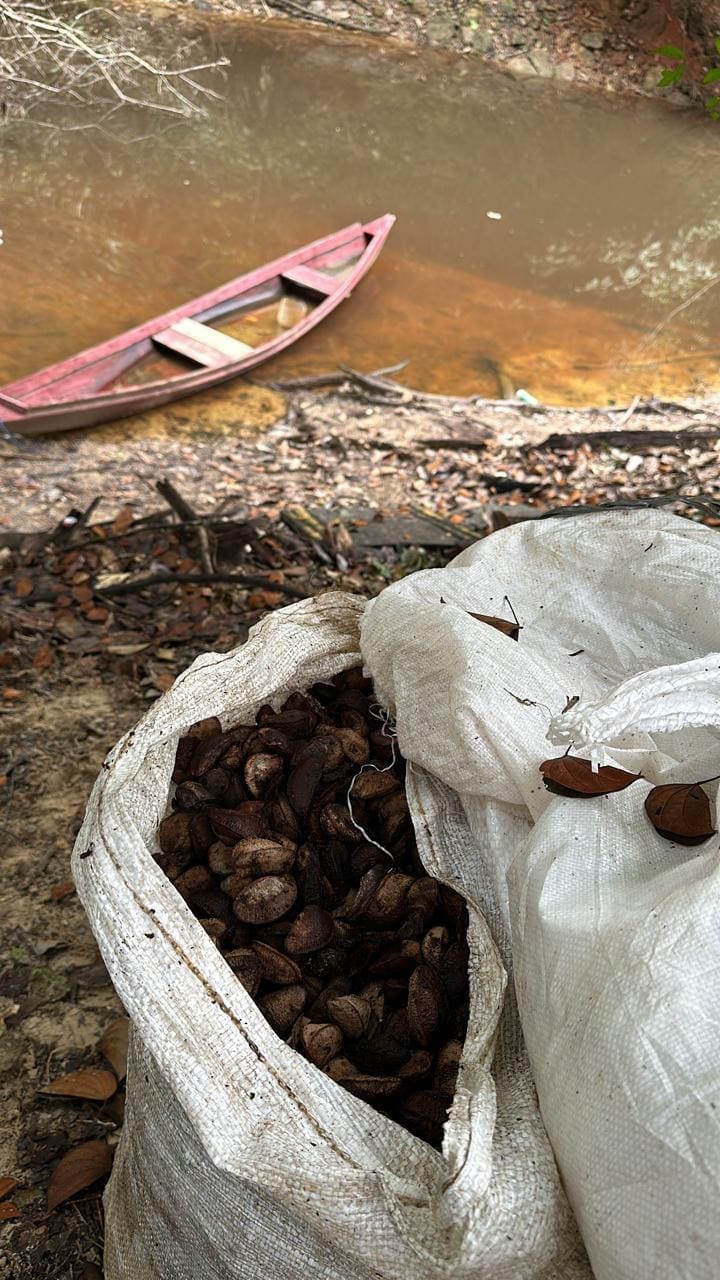Now DiPerna finds herself at the heart of a global shift, pushing the world to rethink how it accounts for the economic value of nature.
There’s a cost to everything, she knows. “The climate is shifting and the planet suffering while we try to change.”
In 2023, she published “Pricing the Priceless: The Financial Transformation to Value the Planet, Solve the Climate Crisis, and Protect Our Most Precious Assets” — a book she began working on during a 2016 Bellagio Fellowship and which was named to the roster of Best Books: Economic by the Financial Times in summer 2023.
Two of The Rockefeller Foundation’s Latin American Big Bets Climate Fellows also are centered on transformative efforts to alter the globe’s financial calculations and extractive approach to nature.

Nature-Based Accounting
The formal integration of natural capital into national and business accounting systems is a relatively recent development that has gained significant momentum in the past few years. Here is a look at what it means and why we need it:
- Over half of the world’s gross domestic product — approximately $44 trillion — depends on nature’s work, according to the World Economic Forum’s Global Risks Report 2024. These ecosystem services contribute to food production, clean water provisions, and raw materials.
- But nature has been treated like an “unpaid worker,” as DiPerna puts it. This oversight results in a disregard for protecting resources as well as incomplete economic accounting.
- The solution lies in assigning monetary value to “ecosystem services” — the direct and indirect benefits humans derive from functioning ecosystems. This approach aims to quantify nature’s contributions to the economy.
- Just as commodities like salt and cowrie shells have been valued as currency, natural resources must now be incorporated into modern account systems. Chief financial officers and policymakers alike need to recognize natural assets. For example, valuing pollinating bees as an asset would incentivize corporate investment in their conservation.
- While this shift might lead to short-term price adjustments, it’s crucial for preserving fundamental natural assets and ensuring long-term economic sustainability.
- Given the current state of environmental degradation, rapid adoption of nature-based accounting is essential to prevent further ecosystem collapse and economic instability.
More in this Matter of Impact Edition
Reforestation Spurs a New Economic Model
Mombak, a Brazilian startup, restores the Amazon to generate carbon credits, improve biodiversity, and create sustainable economic opportunities for local communities.
Read MoreAffordable Green Energy Lights Up Underserved Haiti Homes
Mesh grids are helping bring solar energy access to underserved communities in a troubled country where many survive on two dollars a day.
Read More





